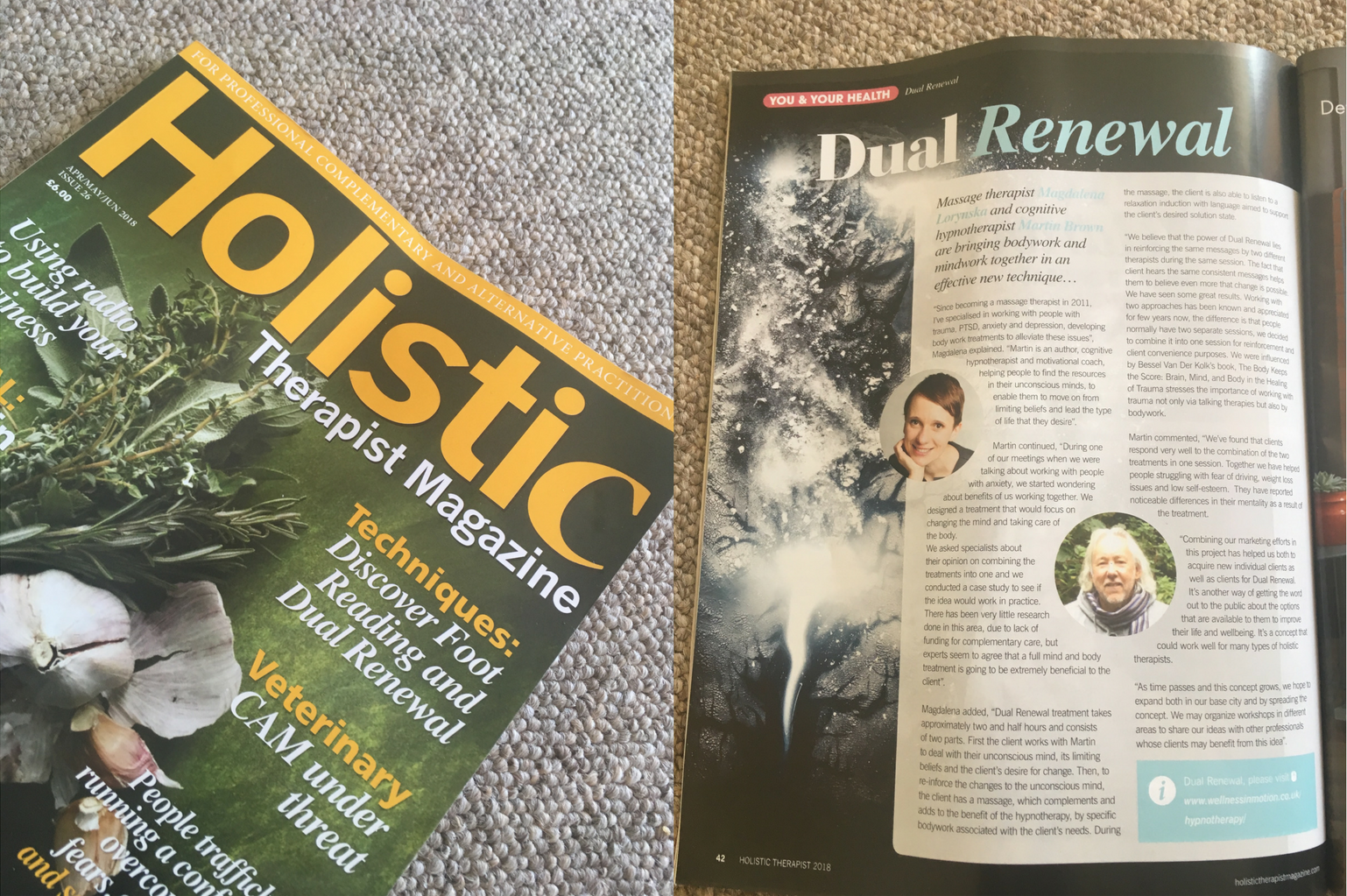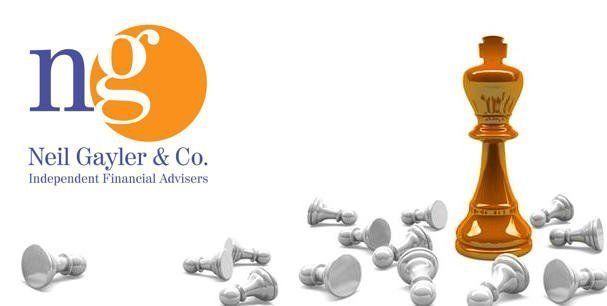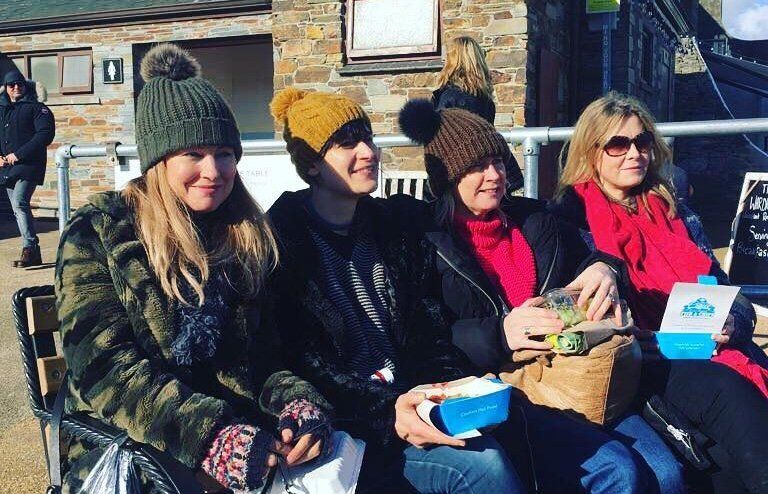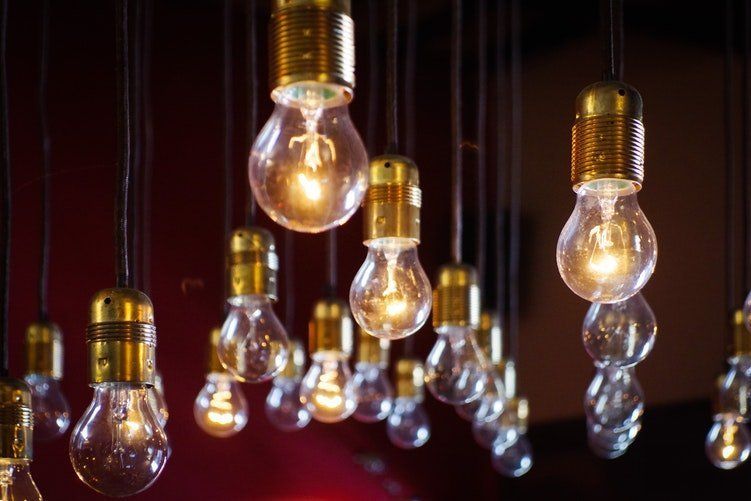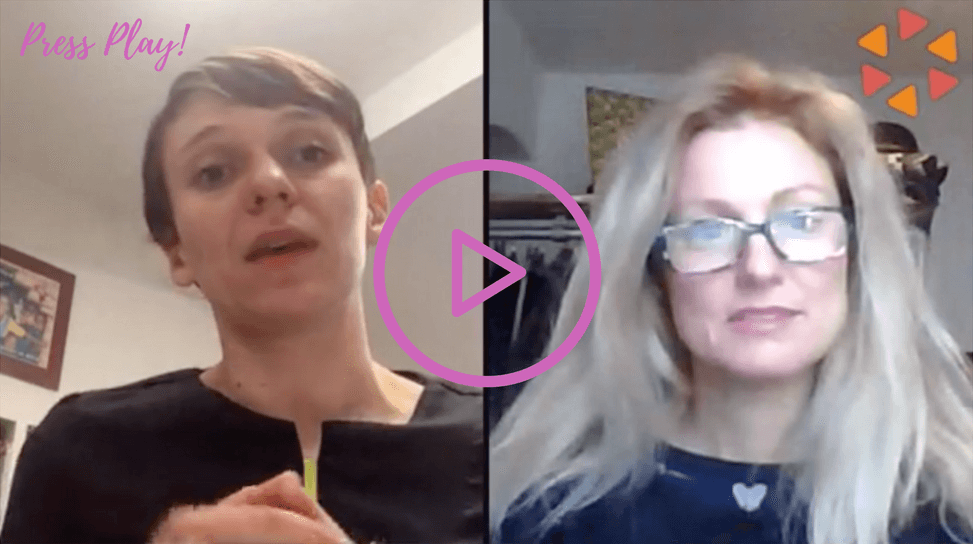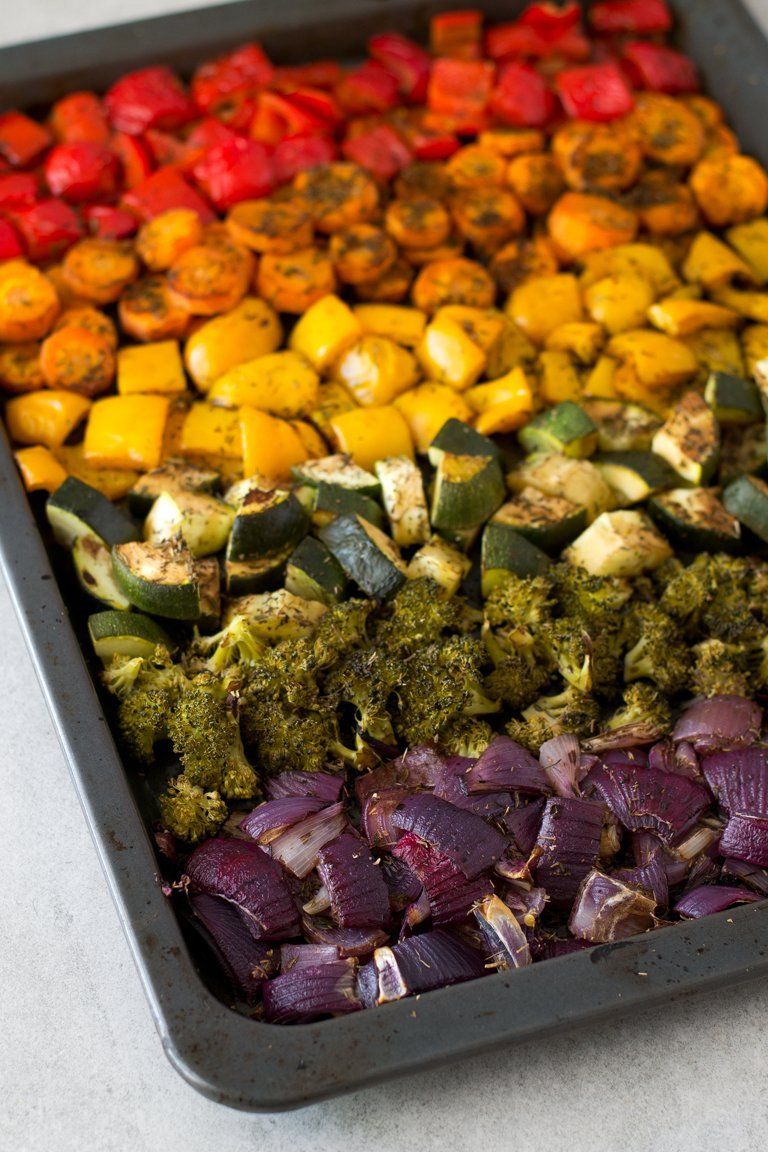How to Embark on a Plant-Based Diet - by Andy Tibbs
- by Cheranne Hack
- •
- 04 Sept, 2017
Spill the Beans - a weekly blog discussing contemporary food and nutrition topics, by the Owner and Head Chef of Poco Culina, Andy Tibbs.
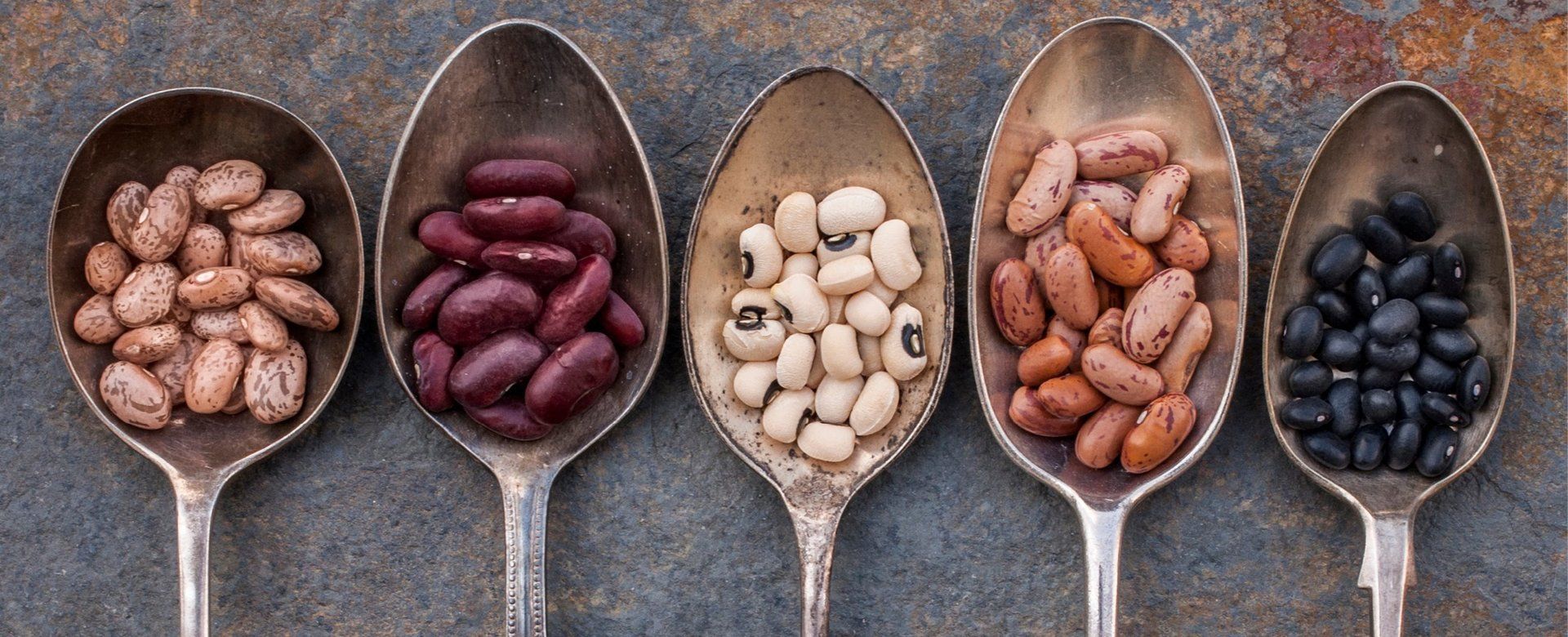
Photography by Lisa Lavery
A guy we know went vegan last week, he announced to the world (on
Facebook of course). Actually that’s not quite true, he has adopted a
plant-based diet for a while in order to help him to lose some weight. He’s
quite a big guy, he’s also a bit of a bacon butty and burger type character. As
a result of his post he’s received many comments essentially sneering at his
decision and making jokes about his eating habits pre last week. No doubt
that’s been disheartening for him, but he has already shed 5 pounds. Not bad
going, hey?
He proudly posted images of his enormous basket of fresh vegetables – a rainbow of colour which he intends to be the basis of his meals this coming week. We have given him some help and support with a few pieces of advice around supplementing his vegetables with other food types to help him feel more full and also to balance his diet a little better.
Now… perhaps this sounds like you. Or, you may already have made a more long-term decision, you could even be thinking about ‘meat-free Mondays’ or perhaps introducing more plant-based days into your weekly meal planning. All power to you, I say. What I want to discuss in this week’s blog are ways in which you can eat satisfactory, healthy and nutritionally balanced meals.
This will sound a little odd at first, but you need to prepare to eat more! I know, great isn’t it? Plant-based food can be extremely filling, but you will require greater volume. To put it in simpler terms – a meal comprising vegetables and pulses, for example, will need to completely fill your stomach. A heavily meat based meal should only half fill it, and a dairy-based meal a bit less again. So fill your plates, people!
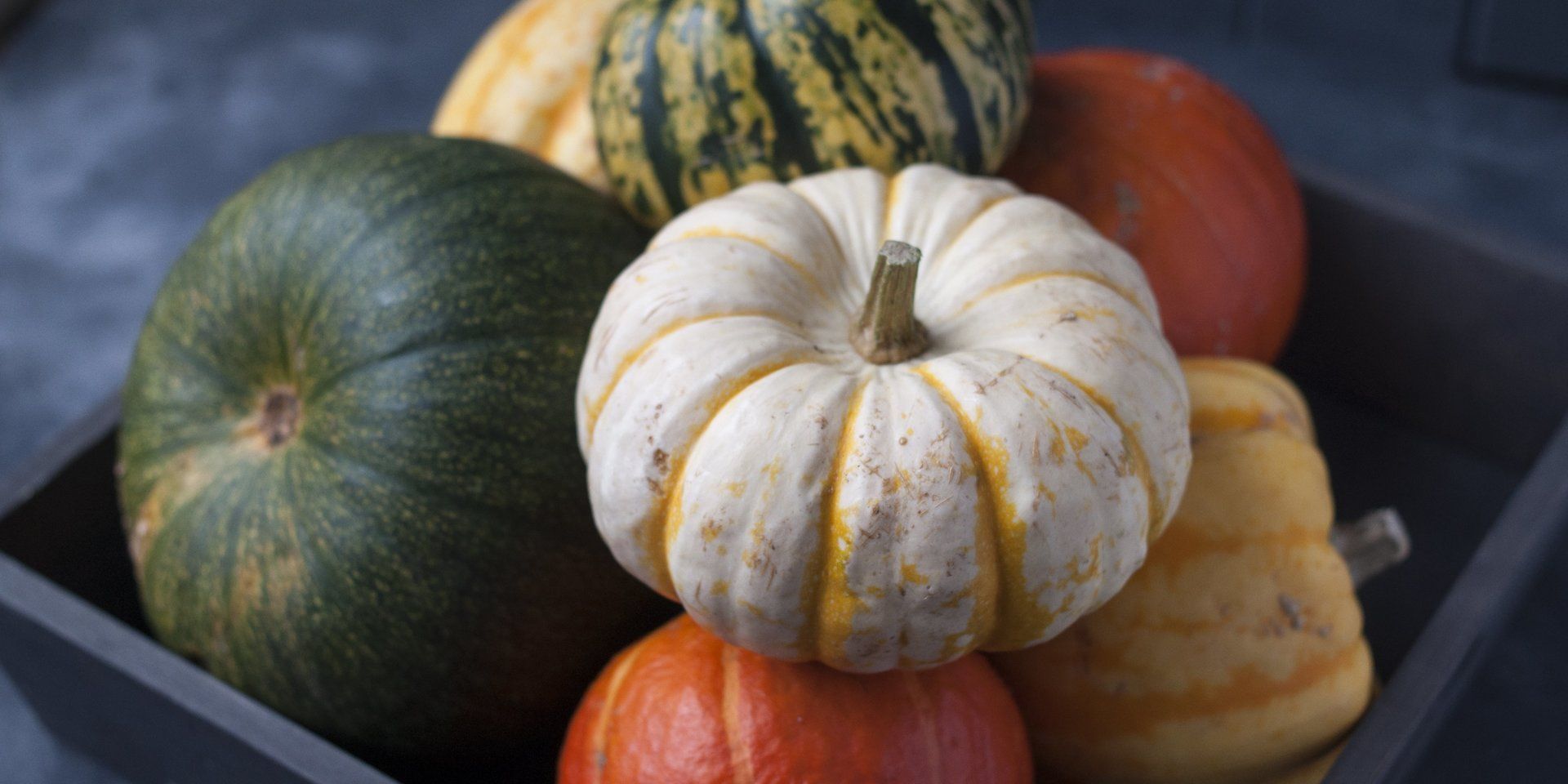
I discussed proteins a couple of weeks ago, but as a reminder, those beans or lentils are crucial. Not only will they provide sufficient protein for your body, they will also fill you up more effectively. Vegetables will also make a contribution as will soya based products such as tofu (even processed products like veggie burgers etc. in moderation). Whole grains are good, as are nuts and seeds. Those good old beans are also an extremely effective cholesterol reducer.
Nuts are often demonised as fatty foods. They do contain fats, but the body requires some fats on a daily basis. Clearly a diet of deep fried or heavily oil coated foods is not good – you already know that. Think instead of olive and rapeseed oils, perhaps coconut oil although it’s not to everyone’s taste. Avocados, nuts, seeds and fresh olives are also sources of ‘good’ fats. Flax seeds, walnuts and hemp seeds are particularly good as they contain a type of Omega-3. Dr Michael Greger, in his excellent website www.nutritionfacts.org also makes a case for flax seeds as beneficial in reducing hypertension (or high blood pressure). So smash those avocados on your wholegrain toast, throw those nuts and seeds on your breakfast and mix flax with water on a ratio of 1 part flax to three parts water and use it as a very effective binder when replacing eggs in your diet.
I have blood pressure that seems naturally on the high side. Don’t now why and neither does my doctor. What I do know is that my cholesterol is now very low since ditching cheese, milk and eggs from my diet two years ago. I also know that using my bicycle, being mindful but not obsessive about what I eat and cutting down on alcohol a little brought my blood pressure down to a level that stopped worrying my doctor and avoided the issue of medication.
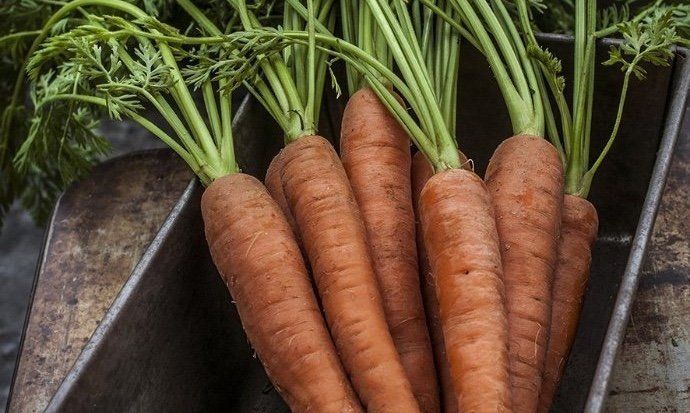
It’s probably reasonable to say at this point that nutrients some are used to getting from animals – calcium, B12 and iron being good examples – are not unique to these animals. Where do the animals get them from in the first place? The plants they eat, of course. Cows, once weaned, are vegan don’t forget. So calcium for example may be gained in more than sufficient quantities from dark green vegetables like kale or collards. Fresh orange juice, almonds, figs and our old friends beans are also good. Iron is also easily gained and absorbs even better with Vitamin C. So how does this sound for a few ingredients to include in tonight’s dinner: Beans with tomatoes (probably not canned baked beans in tomato sauce too often though). Fresh spinach or kale with lentils and say broccoli with a few strawberries for dessert. B12 can be more tricky. B12 doesn’t come from meat exclusively, it comes again from what animals eat, as it is a nutrient found in topsoil. However, over-farming has diminished natural nutrients in soil, therefore it’s probable that meat or even vegetables no longer provide B12 in suitable quantities. So look for fortified food products such as Nutritional Yeast (not baking or brewer' yeast) which have added B12, to add a cheesy, nutty flavour to sauces.
I intend this week’s words to be simply a starting point. I don’t
claim to be a nutritionist or dietitian, nor is my advice comprehensive. If you
have any concerns please consult a trusted professional source. If you have been, or are considering a plant-based diet in the long term, supplementing B12 and iodine is worth considering, as is Vitamin D. Sadly the UK population as a whole is
probably short of Vitamin D because the sun simply doesn’t shine enough, we
don’t spend enough time outside and air pollution inhibits it. Sunblocks also
diminish its absorption (although there are good reasons for using them).
Vitamin D has vital health roles to all of us, yet as a nation we are
borderline low and in many cases significantly deficient.
I’ll leave it there for this week. As always, the best and simplest advice to everyone is balance your diet and understand what you are eating better. As Hippocrates said 'Let thy food be thy medicine and medicine be thy food'.
Watch what you eat!
Andy.
